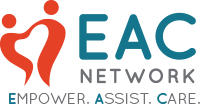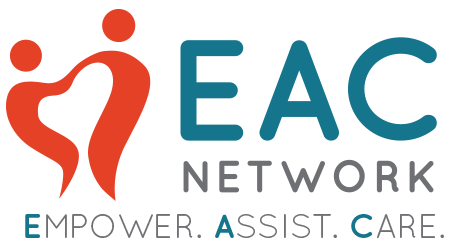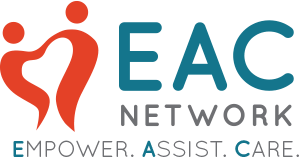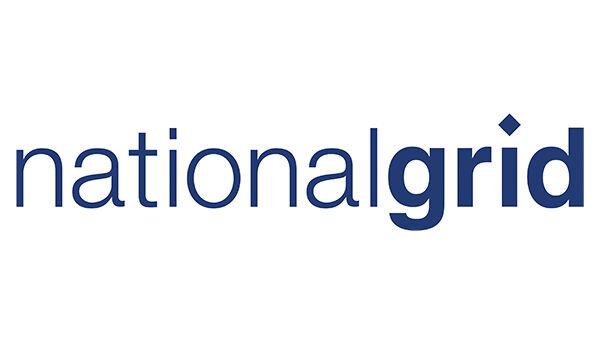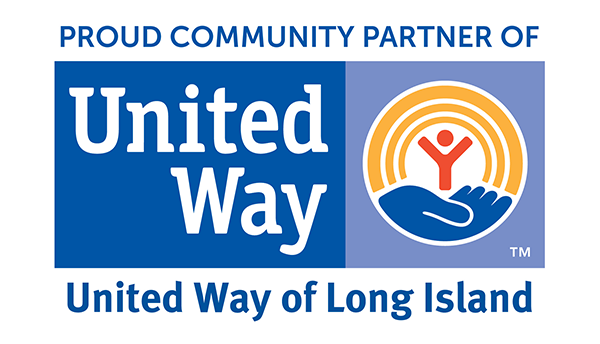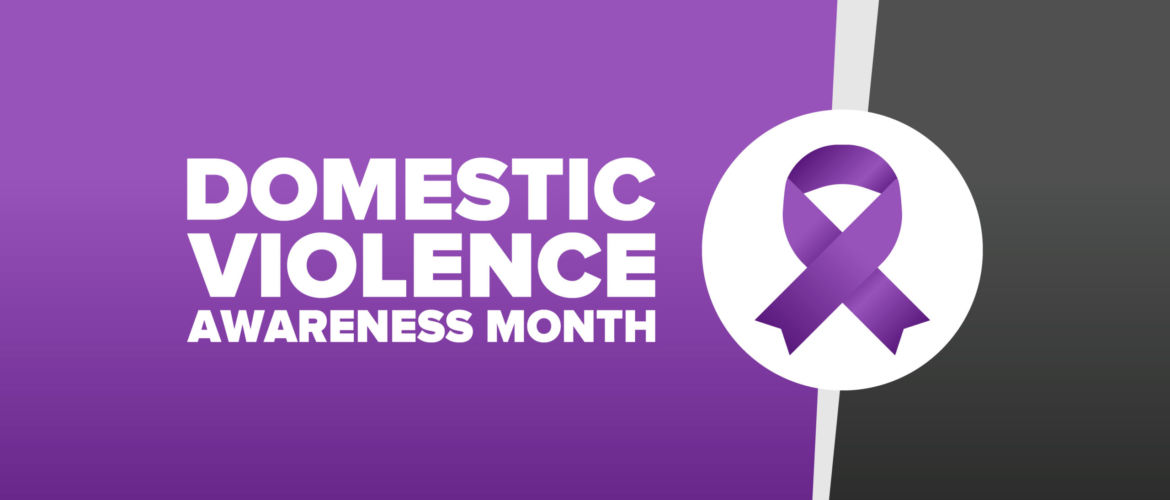
This month is domestic violence awareness month. The mere fact that we need to bring attention to this issue is upsetting enough. Still, when you discover that nearly 20 people per minute are physically abused by their significant other, you realize the urgent attention this needs. No one should have to suffer from any form of abuse. The mental scars will often last much longer than the physical ones.
Domestic Violence Awareness Month: A Necessary Reminder
It is a devastating moment in anyone’s life, the moment they have been abused. It is incredibly upsetting when it comes from someone you feel safe with and trust completely. There is so much to process mentally aside from the moment of the abuse. The feeling of betrayal, hurt, confusion and anger all at once is overwhelming.
Most times, the abused shuts down after an incident. They become withdrawn and ashamed and don’t always report it. Victims stay silent for various reasons. They either blame themselves, are afraid of it happening again, or don’t want the children affected. There is also a fear that the abuser will leave them in financial ruin.
There is always room for forgiveness, but true reconciliation is rare. Experts speak to how domestic violence is cyclical and how the pattern of abuse is likely to re-emerge.
Signs of Domestic Violence to Look For
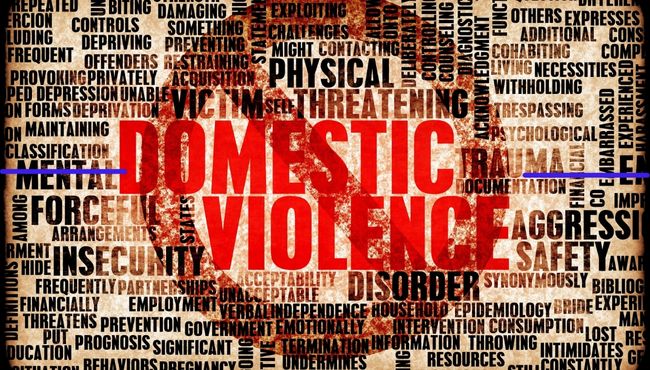
You need to be aware of warning signs in a relationship. If any of these behaviors are present in your relationship, you must seek help.
1. Physical Abuse
No one is ever to put their hands on you. Any aggressive physical behavior where someone strikes, detains, or threatens you is physical abuse and not OK under any circumstances. Living in a hostile environment where you fear being hit at any moment is just as devastating.
2. Sexual Abuse
Sexual abuse is another form of physical abuse where any forced or unwanted sexual contact occurs between a significant other or spouse. Sex is not an entitlement in a relationship or marriage. Your partner can also use sex as a form of psychological abuse. There are such powerful and emotional components attached to sex that some use it to gain power and control over you.
3. Emotional/Psychological Abuse
This type of abuse may not be as evident as physical abuse, but it is just as devastating and often takes longer to heal. It can result from physical abuse or purposeful verbal attacks and behavior meant to hurt you mentally. Emotional/Psychological abuse also tends to go on for long periods.
Sometimes victims don’t feel their partner’s actions are that bad, don’t realize how much it affects them, or don’t know what to do and feel trapped. Like any form of abuse, it is about gaining control over someone. Specifically, looking to destroy your confidence and self-worth through verbal attacks and threats.

Trauma Left Untreated Will Have Lasting Effects
EAC has services such as our Abusive Partner Intervention Program designed to assist those individuals that have suffered from traumatic experiences that can later affect their behavior, values, or actions toward others.
You can contact Karol Sullivan (718-237-9404 x 219) or Abigail Diaz (718-727-9722) for more info.
You need to know that if you are suffering from any form of abuse, it is not your fault. You are a victim, and victims need and deserve help. Your mental well-being and physical safety are the primary concerns, and there are people and services you can safely reach out to for help.
Domestic violence awareness month is a reminder for everyone to be aware, not just the victims. If you know or suspect someone close to you is being abused, you need to approach the situation carefully. If the victim opens up to you, be sure to listen and be prepared to take this information very seriously. If they are coming to you, the situation is likely serious. Encourage them to seek help and assist them. If you need to reach out for immediate assistance, call local authorities or the National Domestic Violence Hotline.
Reach out to EAC today, and we will help you get the help you need.
